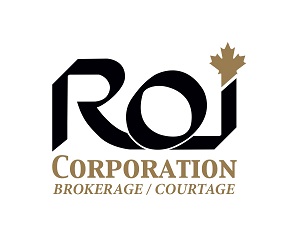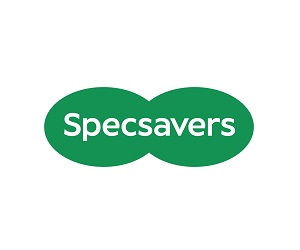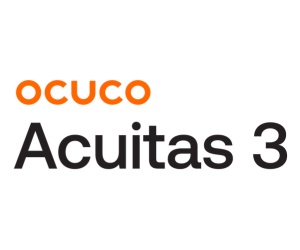
I say no. Essentially, EBITDA on its own makes for a fairly futile statistic. There is, after all, a very good reason why you depreciate and amortize assets. To simply put those charges back in to earnings may give an unrealistic measure of your finances. Many in the financial industry will use this as a rule of thumb to help obtain an estimate of value.
EBITDA seems to be very sexy these days. Everyone is talking about practices selling for a multiple of EBITDA. Although some folks do not really understand the formula and yet they feel it is a reasonable way to value clinics. There are endless variables and measurements that factor into the value of your practice. The best way to start is with an appraisal which will extract the maximum value for your practice and go to the Open Market. One buyer who offers you a price based on EBITDA is not a market. Would you give the opportunity to sell your home to only one buyer? Also, financial due diligence may reveal a lower EBITDA which means the purchase price will be reduced from the original offer.
So what is EBITDA? Simply put, EBITDA is net income (or earnings) with interest, taxes, depreciation and amortization added back. It is a quick way to evaluate a clinic’s performance without having to factor in financing decisions, accounting decisions or tax environments. It also certainly does not factor in intangible items such as location, highly valued staff, premise lease, quality of patients, various services etc. Normalized EBITDA also adds back discretionary expenses such as travel, meals etc, which we also do when completing an appraisal.
It is important to understand that EBITDA has its flaws. You should not put too much emphasis on it when looking at the strength of your practice because EBITDA does not consider risks like the potential for future growth and your mix of patients. It does not consider whether you have an assignment or non assignment practice, offer a variety of treatments, your plan for attracting and retaining new patients, excellent terms in your premise lease, contracts for staff, and other proprietary items in your clinic.
EBITDA is based on actual financial statements. Let’s assume for a moment that your year end is December 31. Your EBITDA is $500K. You are made an offer of 6x resulting in a price of $3 million. Sounds great!! However, you are currently into your new year by 8 months and your net profit will be up because you have made many positive changes (adding more services, bringing on another associate, etc.) These positive changes indicate that your expected EBITDA will be $650K which means you are leaving $900K on the table. What a lovely gift you have given this one buyer!!
We believe the best way to place a value on a practice is to use a combination of the cash earnings method and comparables. While there are certainly many valuation methodologies, we use the cash earnings method because we want to demonstrate how much a practice can produce after all the fixed expenses (staff, supplies, rent) have been paid in order to support the doctor(s). Our appraisals never place a value on a doctor. One doctor may be very comfortable living on a draw of $100k while another must have a minimum of $200k. Same practice, same revenue but different requirements of the person providing the treatment. Being in the appraisal and sale of practices for 45 years means we have the largest data base of sold practices. Having this knowledge is critical and can help set expectations for both the vendor and buyer.
Selling to one buyer may seem like the right decision. You will, after all, save on commission. But I ask you to consider the following: a business broker can help present your practice in the best light to maximize the sale price. We have an understanding of the key values that buyers are looking for and can assist in identifying changes that can lead to a better selling price. Even more important than the final sale price is what your requirements are post sale. If your plan is to continue working, negotiating your working agreement post sale is also critical.
In the end, I always respect and admire practice owners. It is difficult being the provider of treatment as well as employment to so many. Running a business is never easy, therefore, when you come to the point in your career where selling is the option, I encourage (or challenge) you to consider taking your practice to market. Your clinic represents your life’s work. It is likely one of your most valuable assets. As such, you deserve to exit with the maximum price and dignity!!

JACKIE JOACHIM
Jackie has 30 years of experience in the industry as a former banker and now the Chief Operating Officer of ROI Corporation. Please contact her at Jackie.joachim@roicorp.com or 1-844-764-2020.




















